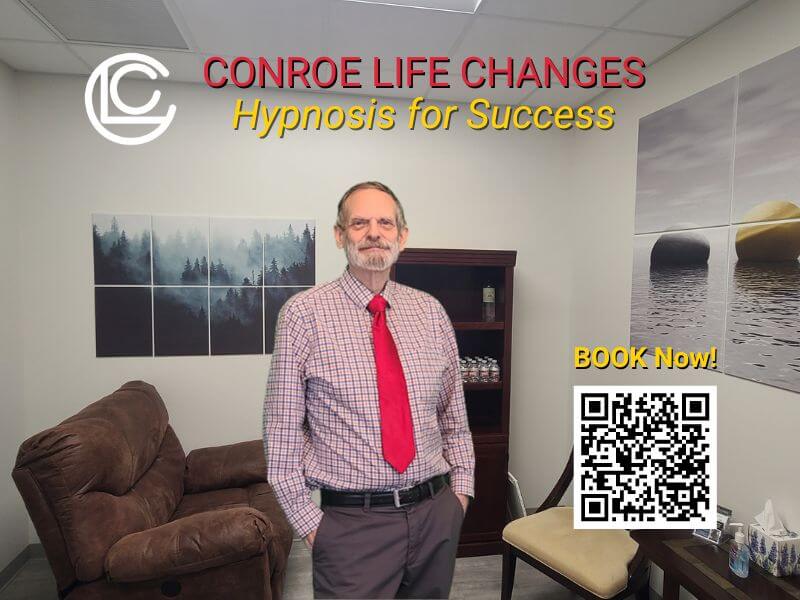Fear of doctors is a common and understandable concern that many individuals experience. Acknowledging this prevalent fear is the first step towards addressing it, as it can significantly impact healthcare outcomes. In this blog post, we will delve into the root causes of the fear, explore the consequences of avoiding medical care, dispel myths surrounding doctors, and provide three effective ways to manage the fear.
Understanding the Fear of Doctors:
The fear of doctors often stems from specific triggers, varying from past negative experiences to the fear of the unknown. Identifying these triggers is crucial in developing personalized strategies for overcoming the fear. Additionally, delving into the root causes of anxiety associated with medical procedures is essential, as past traumas, lack of control, or cultural influences can contribute to heightened fear. Understanding these underlying factors helps tailor effective coping mechanisms without resorting to avoidance behaviors.
Consequences of Avoiding Medical Care:
Avoiding medical care due to fear can postpone preventive measures, including regular check-ups and screenings crucial for early detection of potential health issues. Fear-induced avoidance can lead to delayed diagnosis and treatment, potentially worsening conditions without early intervention, affecting long-term health outcomes.
Dispelling Myths About Doctors:
Dispelling myths and misconceptions surrounding doctors is essential in reducing fear. Understanding that doctors are there to help and medical procedures are often routine and safe can alleviate anxiety associated with healthcare settings.
Tips for Overcoming Fear of Doctors:
- Gradual Exposure: Easing into medical environments step by step is an effective strategy. Start with short visits, gradually increasing the duration as comfort levels improve.
- Support Systems: Seek comfort in the presence of friends or family. Having a trusted companion during medical appointments can provide emotional support and alleviate anxiety.
- Trust Building with a Primary Care Physician: Developing a positive relationship with a primary care physician is key. A trustworthy healthcare provider can address concerns, communicate effectively, and make the overall experience more comfortable.
Coping Strategies for Medical Procedure Anxiety:
- Mindfulness and Relaxation Techniques: Incorporating calming practices such as mindfulness and relaxation techniques can help manage anxiety. Deep breathing and visualization exercises promote a sense of calmness.
- Cognitive Behavioral Therapy (CBT): CBT strategies for managing fearful thoughts are valuable. Cognitive restructuring helps individuals challenge and change negative thought patterns associated with medical procedures.
- Positive Visualization: Creating a mental space of reassurance before appointments through positive visualization is a powerful tool. Positive imagining can contribute to a successful, stress-free medical experience and a more positive outlook.
Real-life Story:
One inspiring example involves a client who initially harbored a fear of needles. Through the transformative power of clinical hypnosis, specifically utilizing a regression-to-cause technique, this individual not only conquered her anxiety but emerged with the ability to witness medical procedures without discomfort or faintness. This success story underscores the effectiveness of hypnosis in dismantling subconscious triggers, enabling individuals to confront their fears with resilience and composure.
Moreover, hypnosis stands out as a versatile tool for fear management, not just for the fear of doctors but for any pervasive fear. By addressing the root causes of anxiety, hypnosis facilitates a profound shift in the subconscious, preventing sudden physiological responses such as blood vessel constriction that may lead to fainting. It empowers individuals to navigate medical settings with newfound control, contributing to a positive and anxiety-free healthcare experience.
Conclusion:
In conclusion, the journey to manage the fear of doctors encompasses a multifaceted approach. Recognizing the triggers, understanding the consequences of avoidance, and embracing effective strategies, including hypnosis, can lead to a proactive and confident engagement with healthcare. This holistic approach ensures better healthcare outcomes and a more positive and empowered well-being.
If you have a fear or phobia and would like more information on how effective hypnosis can be for resolving this issue, call me at (936) 537-5666 or book a session online at conroelifechanges.com.



